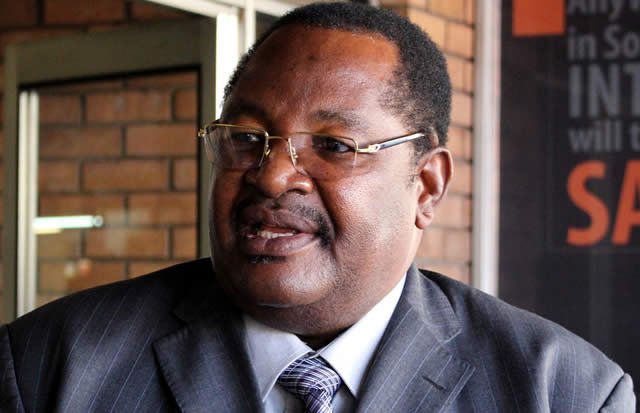Harare – Although reports about Grace Mugabe’s recent alleged assault of a young woman in Johannesburg have been published in many parts of the world, few Zimbabweans inside the country have this information.
The Zimbabwe government controls all TV and radio stations and all newspapers around the country bar two small circulation dailies and a couple of weeklies in Harare.
Zimbabwean legal academic, Alex Magaisa says most Zimbabweans do not have the information about Grace Mugabe.
“It was the first time in five years to see a Zimbabwean story covered in an Arabic newspaper. It was news in China, New Zealand, Canada and practically everywhere around the world. That Grace Mugabe, wife of Zimbabwe’s leader, President Robert Mugabe had assaulted and hurt a young woman in a fit of rage… it was the kind of story that was bound to draw the attention of global media.”
He said 67 percent of Zimbabwe’s population live in the rural areas where there is almost no media, so they would not know about the first lady’s alleged crime.
“…for the average Zimbabwean who relies only on the state media for news, chances are that they would not have known that their First Lady was in the global spotlight for all the wrong reasons.”
He said Zimbabwe’s state media, chose to “exclude the story from its coverage…”
“It was a story which in any other country with a free and open media, would have attracted broad coverage, critical commentary and national debate.”
The state media was controlled by the Zanu-PF government since shortly after 1980 independence. At times censorship was particularly heavy, especially about massacres of opposition supporters shortly after independence and then since the opposition Movement for Democratic Change emerged in late 1999.
Magaisa said those with access to technology, usually in the urban areas may have found information on the Mugabe assault case via social media.
“….given the conflicting messages and the proliferation of fake news, they might still have been unsure of what was really happening. For example, in a few WhatsApp groups, it took a while before some Zimbabwe-based members were convinced that the news being shared was true. Even so, they still wanted confirmation from state media or local radio stations, which never came.”
“Only later, as global media coverage intensified did they finally accept that the news was true.”
Magaisa says Zimbabwe is not a classic totalitarian state. “Tight and rigid control of information by the state, a key feature of a classic totalitarian system, is one of the pillars of the Zimbabwean regime.
“For Zanu-PF, bad news is best kept away from its core base. It may be said that Zanu-PF has not yet commented on the matter. But actually, the silence is loud enough to be heard around the world.”








